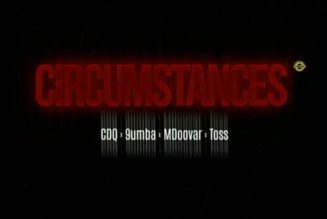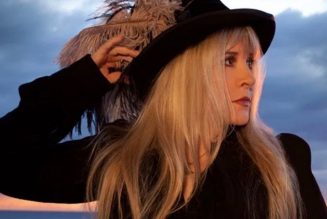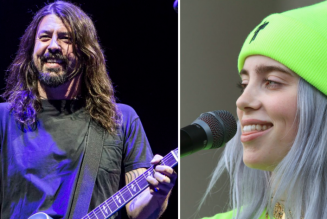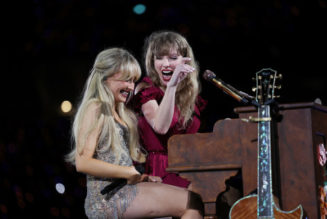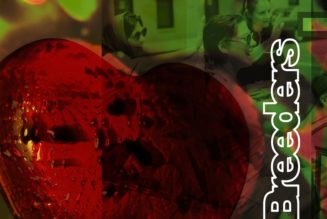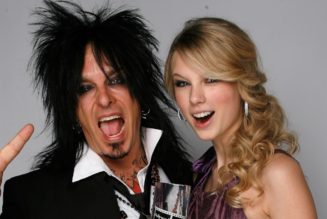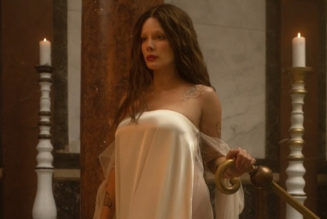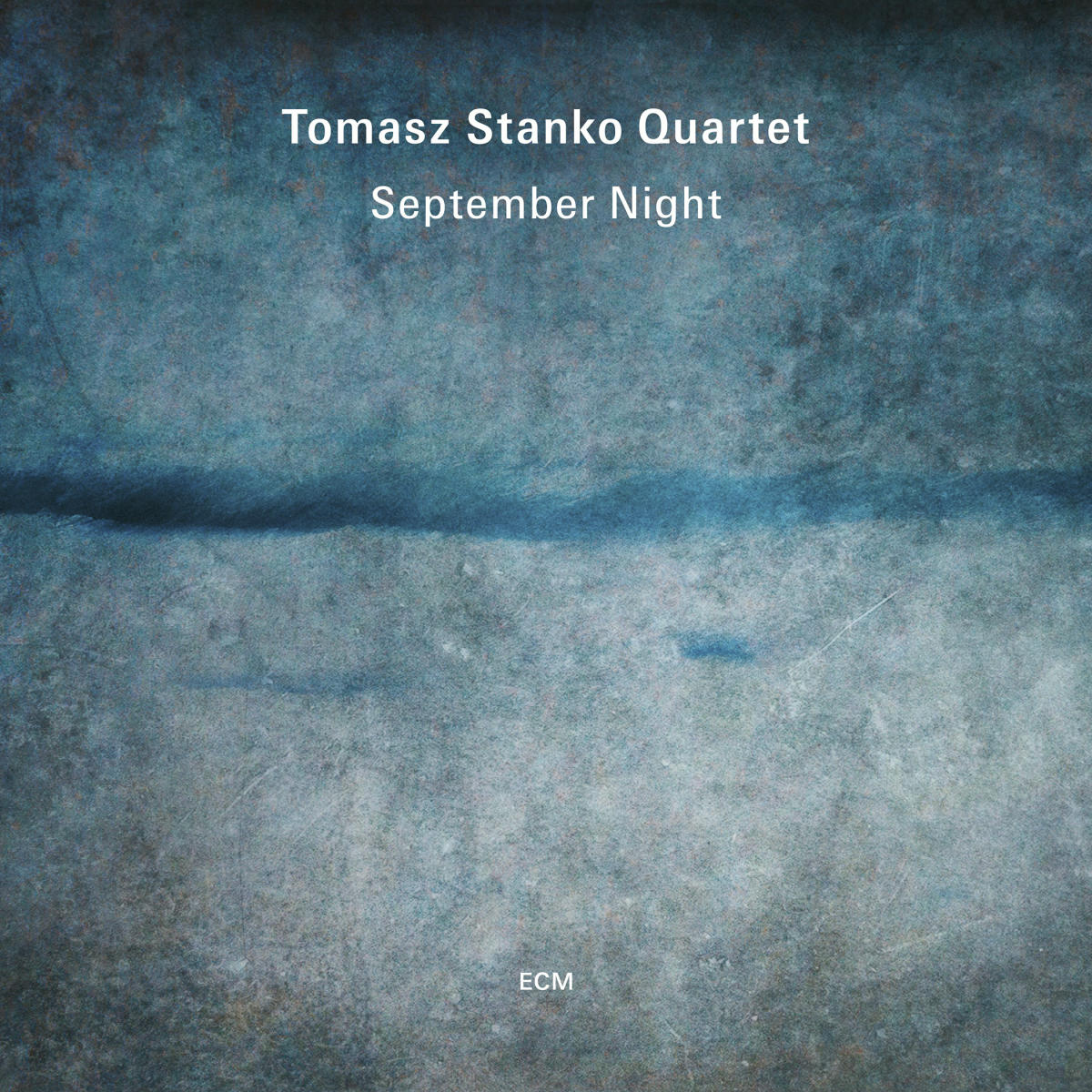
Jazz trumpeter Tomasz Stanko ’s first notes on the new album “September Night,” dark and slightly distant, sound as though they’re coming from the hereafter.
Stanko died in 2018, and his new album is a previously unreleased recording of a 2004 concert by his quartet. Along with the trumpeter, the show in Munich featured his longest-lasting lineup — Marcin Wasilewski on piano, Slawomir Kurkiewicz on double bass and Michal Miskiewicz on drums.
The four Polish jazzmen began playing together in 1993, and their final concert was in 2017. “September Night” helps explain the group’s staying power, folding Slavic elements into an intriguing mix, from free jazz and neoclassical to R&B and even Latin rhythms, shrinking the world in wonderful ways. The album will be released Friday.
Stanko is in fine form, his brooding film-noir tone the color of the slate-blue album cover. He’s often muted without a mute, which makes his occasional squalls especially startling. There’s a sense of liberation to his tremulous trills, staccato stabs and smeary slides up and down the scale that fill in the gaps between notes.
The seven compositions, all written by Stanko, allow the players to exercise patience as they go long stretches without a chord change or steady pulse. There’s neither at the outset of the appropriately titled “Elegant Piece,” where Stanko’s playing initially evokes a damp, dark alley. A majestic melody eventually emerges, and he then unleashes a pair of primal roars.
Equally brash brass arises on “Theatrical,” when Stanko wails with and without a beat. The band can swing, too, as it does atop the angular melody of “Euforila.” Wasilewski contributes a rollicking piano part, while the absence of a pulse during Miskiewicz’s drum solo allows him to roam freely.
“Celina” rides a fast, irresistible groove that inspires a long, exuberant solo from Wasilewski filled with single note runs. “Hermento’s Mood” and “Kaetano” find bouncy, Latin-tinged beats.
By contrast, hushed, elongated phrases by Stanko elevate the beautiful “Song for Sarah.” Wasilewski delivers a long solo filled with yearning, before Stanko returns with an eloquent summary. His final note is a long one; the sound of his horn lingers.
___
AP music reviews: https://apnews.com/hub/music-reviews

